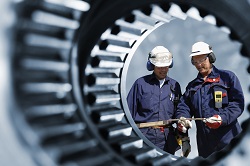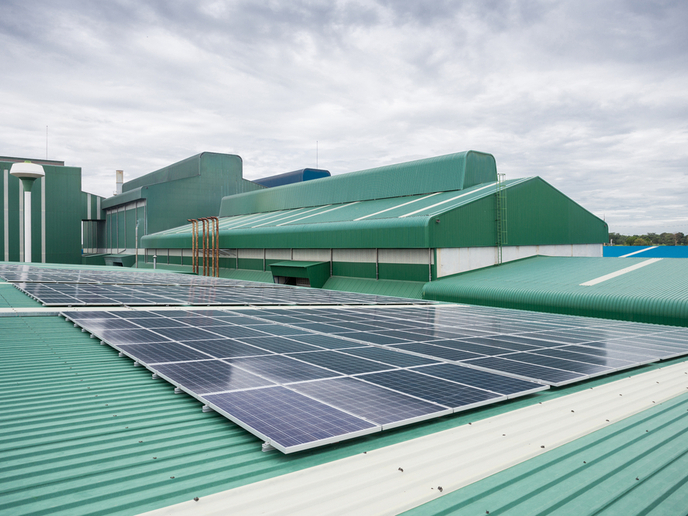Transmission efficiency changes to top gear with new knowledge and innovation
The EU has set increasingly stringent targets for energy efficiency and emissions in order to conform to global agreements. Innovation is a major challenge for European industry, as companies are forced to improve their design under often conflicting requirements and restrictions. These industries are caught between improving performance, as required by customers, and greater efficiency, as required by regulatory bodies. However, supporting and promoting innovation is crucial for companies to survive in an increasingly globalised and competitive market. Energy generation and use must become greener and this greatly affects industries that generate and make use of electricity. Mechanical transmissions are important in these industries, as they are responsible for significant energy losses. Current research suggests only a marginal reduction in energy loss due to transmission innovation, but there is also a lack of knowledge on how energy losses are occurring. Building better transmissions The EU-funded DEMETRA(opens in new window) (Design of mechanical transmissions: Efficiency, noise and durability optimization) project set out to allow experts in the field of mechanical transmissions to share their knowledge. The initiative investigated state-of-the-art modelling techniques to produce the best and most efficient mechanical transmission possible. The relatively small DEMETRA consortium consisted of an expert group of one industrial partner (Siemens Industry Software) and two universities (University of Calabria and KU Leuven), which ensured robust knowledge transfer between academia and industry. Professor Domenico Mundo, who led the team, says he was pleasantly surprised by the close teamwork and is delighted with the positive outcomes of the project. “We used industrial-complexity case studies to achieve a proof-of-concept for the developed methodologies, which enhanced the relevance of the project results,” Prof. Mundo notes. Software developers on the team closely followed the research activities of the project to help define a clear path of research and help prevent unexpected issues. Results of skills development The consortium conducted a training programme that included state-of-the-art technical training on the main research topics of the project. The project also exposed the DEMETRA research fellows to the European and worldwide community of scientists and researchers by encouraging their participation in several external events. Project results have caught the eye of the academic community and industry, with several scientific papers already published and cited by other works. DEMETRA has also established new contacts in the R&D community to ensure that there will be collaborations between fellows with academic and industrial partners. The DEMETRA team validated their simulation methods using both academic and industrial cases, with different types of models and levels of model complexity ranging from gear pair to full-transmission. Partners successfully completed more than 40 dissemination and outreach activities such as scientific contributions to international conferences. The consortium helped organise the Marie Curie Graduate School on Innovative Technologies for Reliable and Efficient Energy Conversion and an IPR Valorisation and Fundraising Workshop. Impact so far Prof. Mundo says DEMETRA partners are already involved in follow-up R&D collaborations to extend the project’s results towards other mechanical power transmissions. These partners will use advanced materials and manufacturing processes to work on new gearing technologies. DEMETRA’s programme of activities for scientific and transferrable skills training has resulted in excellent post-project placement for its research fellows. The consortium’s results helped develop a multibody simulation platform that will boost productivity for gear manufacturers and related industries for years to come. The resulting technology is perfectly in line with the efforts of the EU to increase efficiency of industrial products and processes while still improving quality.







